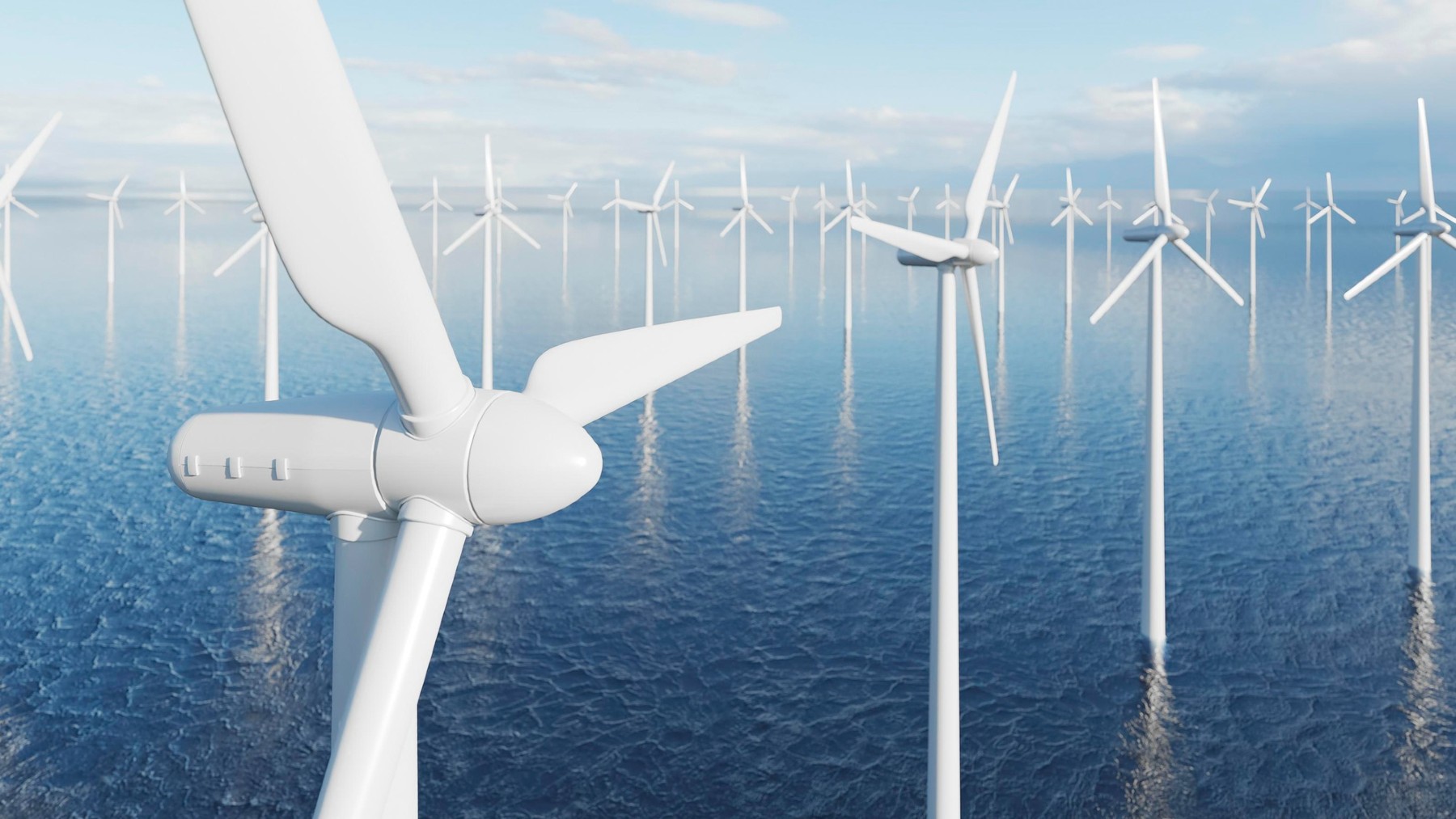Canary Islands will be the first region by Spain in developing the energy offshore wind. So far it does not exist in our country, but that will change. The Department of Ecological Transition and Energy led the first table of energy offshore wind in the Canary Islands. The meeting was attended by Mariano H. Zapataarea advisor and Julieta Schallenberg, the vice-consultant. Several representatives and companies associated with the sector were also present. The purpose of the meeting was to unify decisions so that the archipelago reaches this unprecedented milestone.
The regional government wants to work together on important issues that will allow us to reach a common front so that the Ministry of Ecological Transition and Demographic Challenge (MITECO) to elect Canary Islands for the implementation of the energy offshore wind. There are still some issues that the region needs to resolve with the ministry regarding the competition. Aspects related to safety and fisheries need to be clarified first so that progress can be made. offshore in the wind farms mentioned.
In this way, the region is resolutely confronted with decarbonization, one of the main objectives of the archipelago, which aims to achieve the ecological transition as a frontier by 2040. Zapata coins that this “can only happen by working without rest,” according to Libertad Digital.


Counseling puts this principle into practice. In its first six months, it has already processed nearly 20 applications for renewable parks, awaiting processing by the previous executive. In this context, Zapata He explained that work is being done to reduce bureaucracy and streamline the process, both in terms of the environmental assessments required for the construction of storage systems and the subsidies for their implementation.
The Canary Islands region is committed to renewable energy
Recently the Institute for Energy Diversification and Conservation (IDAE) awarded the islands 76 million euros for infrastructure. As for the entry of renewable energy sources into the archipelago, Hernández Zapata emphasized that Canary Islands The goal is to reach 60% by 2040, as currently on the islands for electricity generation “it does not even reach 20% with renewable energy sources.”
To produce the rest, 80% of Canary Islands “fuel oil” is burned. To reduce these numbers, the regional government proposes to “meet the deadlines, reduce bureaucracy” and work “as much as possible” with key actors to “get as close as possible to achieving that goal by the year 2040, which would be about 60% of renewable penetration.”
He acknowledges that to achieve this “there are a lot of variables and a lot of factors.” He admits that the mutual connection of the islands is “key” to achieve and hopes that the cable will be connected Tenerife j La Gomera.
He also mentioned the Chira jumpedin Gran Canaria, for the year 2030 and added the proposal for new storage systems for the development of renewable energy sources on the islands. He stated that it is imperative that society receives the message that it “must choose between continuing to burn fuel oil or making a decisive commitment to renewable energy sources.” While this implies a strong visual impact “on many occasions,” he takes it as something “much smaller than the impact currently caused by burning fuel oil.”
The Canary Islands will pioneer a type of energy unprecedented in Spain
Zapata He showed his gratitude to those present at the meeting and defended that “Canary Islands be a pioneer in this sector and work together with all stakeholders.”
“We have the goal and challenge to decarbonize the islands by the year 2040 and that can only happen by working tirelessly to promote the penetration of renewable energy sources, using all the resources and instruments at our disposal” , he explained.
With this action Canary Islands It has an important energy relevance in the Spanish territory.

